Search Results
Showing results 881 to 900 of 1225
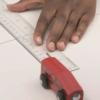
Friction Racing
Source Institutions
In this activity, learners explore the unseen force of friction and how surfaces can slow moving objects at different rates.
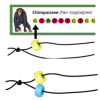
Sequence Bracelets
Source Institutions
In this craft-based activity, learners make DNA sequence bracelets that carry the code of an organism such as a human, trout, chimpanzee or butterfly.
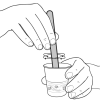
Choose Your Ooze
Source Institutions
During this activity, learners will make different versions of "ooze" using varied proportions of detergent and glue.
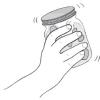
Shake and Break
Source Institutions
In this activity, learners will model the mechanical weathering and erosion of rocks in a stream or river.
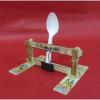
Catapult
Source Institutions
In this activity, learners build mini catapults using paint paddles and a spoon. Use this activity to introduce learners to forces and projectile motion.
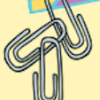
Milli's Super Sorting Challenge
Source Institutions
In this activity, learners separate materials based on their special properties to mimic the way recyclables are sorted at recycling centers.
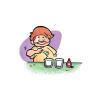
Defining Dissolving
Source Institutions
In this introductory activity, learners discover that sugar and food coloring dissolve in water but neither dissolves in oil.
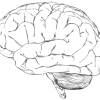
Train Your Brain
Source Institutions
In this activity, learners play a trick on their own brain to see if the brain can learn to ignore distracting input. Colors and words are used to play the visual trick, known as a Stroop Test.
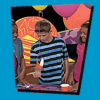
Balloon Flinker
Source Institutions
In this activity, learners make a helium balloon "flink"--neither float away nor sink to the ground. Use this activity to introduce physics concepts related to gravity, density, and weight.
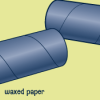
What's the Buzz?
Source Institutions
In this activity, learners construct a playable kazoo from inexpensive materials. They will experience how vibration creates sound waves and music.
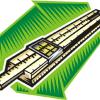
Slide Rules
Source Institutions
Learners make their own simple slide rules out of paper and learn how they work.
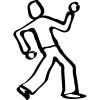
Dance Diagram
Source Institutions
Teams of learners use a series of stick figures made from pipe cleaners to model a dance routine. Then, they use this model to communicate to another learner who performs the dance routine.

Outrageous Ooze: Is It a Liquid or a Solid?
Source Institutions
This activity provides instructions for using cornstarch and water to make an ooze which has the properties of both a solid and liquid.
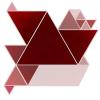
Tri, Tri Again
Source Institutions
Learners estimate how many small triangles will fill a larger shape. Then they use a triangle stamp (or stencil made from a file folder) to fill the larger shape with triangles.
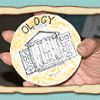
Mint Your Own Coin
Source Institutions
Coins are everyday objects which tell a lot about the people who use them.
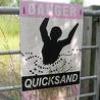
COSI Quicksand
Source Institutions
In this chemistry experiment, learners get to make a very bizarre substance using corn starch and water. Is it a solid? Is it a liquid? Or is it a different kind of substance entirely?
Pom-Pom Probability
Source Institutions
In this math activity, learners predict how many pom-poms they can toss inside a circle from three feet away. Use this activity to help learners explore probability.
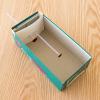
Size and Distance
Source Institutions
In this activity about depth perception, learners create an optical illusion in a shoe box.
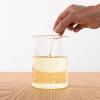
Disappearing Glass Rods
Source Institutions
In this optics activity, learners discover how they can make glass objects "disappear." Learners submerge glass objects like stirring rods into a beaker of Wesson™ oil to explore how the principles of
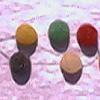
Gumdrop Chains and Shrinky Necklaces
Source Institutions
In this activity, learners thread gumdrops together to make a model of a polymer.
